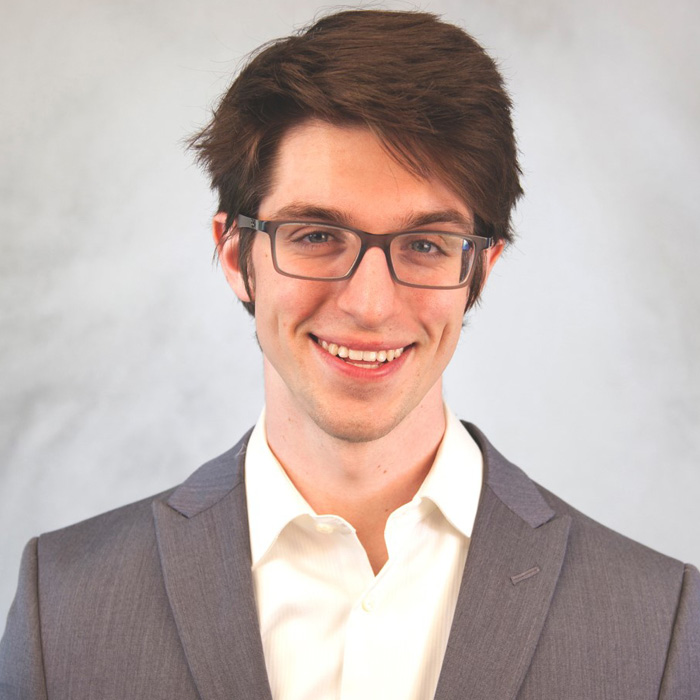What made you choose FSU?
I am goal-oriented so my hunt for a graduate program was not a simple task. I knew that I needed a program that would allow me to explore composite materials in a nontraditional program of study. Over a decade ago, there was no Material Science and Engineering program at FSU. Now, the Industrial Engineering Department acts as the hub for studying advanced composite and nano materials. As a result, I get to work on carbon fiber-carbon nanotube hybrid composites conducting research at the High-Performance Materials Institute and the National High Magnetic Field Laboratory. Most importantly, I wanted to find an adviser that I would connect with personally, was receptive to my research ideas, and had experience working with the astronautic industry and NASA. I was blessed to find a school that met all of my criteria.
I have always had a passion for the skies and the world above our own. As a child, I remember watching Star Wars, rewinding the VHS, and watching it again or reading Tin Tin: Destination Moon. In middle school, I started building small rockets and model airplanes, and while constructing models, I noticed that the materials made a difference during flight. I realized that my best chance to work within the rocketry industry was to study Composite Materials Engineering and obtain an advanced degree. I am now working directly with NASA on developing the next generation of materials for the Mars mission through the US-Comp collaboration. Knowing that I play a part in advancing humanity’s ability to explore deep space is very rewarding.
Describe the importance of your research and work.
For human kind to push the known boundaries of manned space travel, current materials systems need to evolve to meet the goals set forth by the rocketry industry. Traditional composite materials have worked for the aerospace and astronautical industries for decades due to their tailorable properties and excellent specific strength. However, as with all technologies composites, reinforced laminates are beginning to reach the threshold of their physical capabilities. This means that new material systems are needed to overcome current limitations in the field of astronautic structures.
I was selected as a 2018-2019 Harold Giles Graduate Scholar and received the Society for the Advancement of Materials and Process Engineering (SAMPE) International University Leadership Experience Award. I also served as Lockheed Martin’s Orion Spacecraft Testing Graduate Student Lead where I trained two Florida A&M University students.
Describe your career aspirations.
I want to be part of the construction and analysis of future orbital and planetary mission structures. Waking up everyday to help build the next vehicle launched into space sounds like pure happiness to me.
What advice do you have for anyone considering graduate school?
Graduate school is a massive decision. If you have career aspirations that require an advanced degree, go for it. Do your research, explore different schools, research projects, and faculty before choosing a school. Ask yourself: Does this program allow me to pursue my interests?, Does the school have the equipment for the research I want to do?, Will I be happy living in the city where the school is?, Will I be able to connect with my faculty adviser and get the support needed to advance academically and professionally?
Watch this video created by UROP Research Intern Samantha Klupchak to learn more about Yourri's graduate experience.

Yourri Dessureault
"I am working directly with NASA on developing the next generation of materials for the Mars mission through the US-Comp collaboration."
Degree: Doctoral
Program: Industrial Engineering
Say it in 6: I believe in a better future
